Need a quick dill seed substitute? Here are the top 5 alternatives with precise usage tips for any recipe. Whether pickling, baking, or cooking, these substitutes deliver flavor without missing a beat.
Practical Tips for Dill Seed Substitutes
When dill seed is missing, use these proven alternatives:
- Caraway seeds: Earthy, slightly sweet. Best for pickles, breads, and stews. Use 1:1 ratio, adjust to taste.
- Fennel seeds: Licorice-like, sweet. Ideal for Mediterranean dishes and spice blends. Use 3/4 the amount of dill seed.
- Fresh dill weed: Delicate, grassy. Perfect for dressings and fish. Use 3x the amount of dried dill seed (e.g., 1 tsp seed = 1 tbsp fresh).
- Cumin: Warm, nutty. Works in curries and roasted vegetables. Start with half the amount and adjust.
- Coriander seeds: Citrusy, slightly sweet. Great for Indian and Southeast Asian cuisine. Use 1:1 ratio.
| Substitute | Flavor Profile | Best Uses | Recommended Quantity |
|---|---|---|---|
| Caraway Seeds | Earthy, slightly sweet | Pickles, breads, stews | 1:1 ratio (adjust to taste) |
| Fennel Seeds | Licorice-like, sweet | Mediterranean dishes, spice blends | 3/4 the amount of dill seed |
| Fresh Dill Weed | Delicate, grassy | Dressings, fish, creamy sauces | 3x the amount (1 tsp seed = 1 tbsp fresh) |
| Cumin | Warm, nutty | Curries, roasted vegetables, bean dishes | Start with half, adjust to taste |
| Coriander Seeds | Citrusy, slightly sweet | Indian, Chinese, Southeast Asian cuisine | 1:1 ratio |
In-Depth Explanations of Common Alternatives
1. Fresh Dill Weed
Fresh dill weed is the closest in flavor to dill seed but more delicate. Ideal for dressings, fish dishes, and creamy sauces. Use three times the amount of fresh dill compared to dried dill seed, and add it at the end of cooking to preserve freshness.
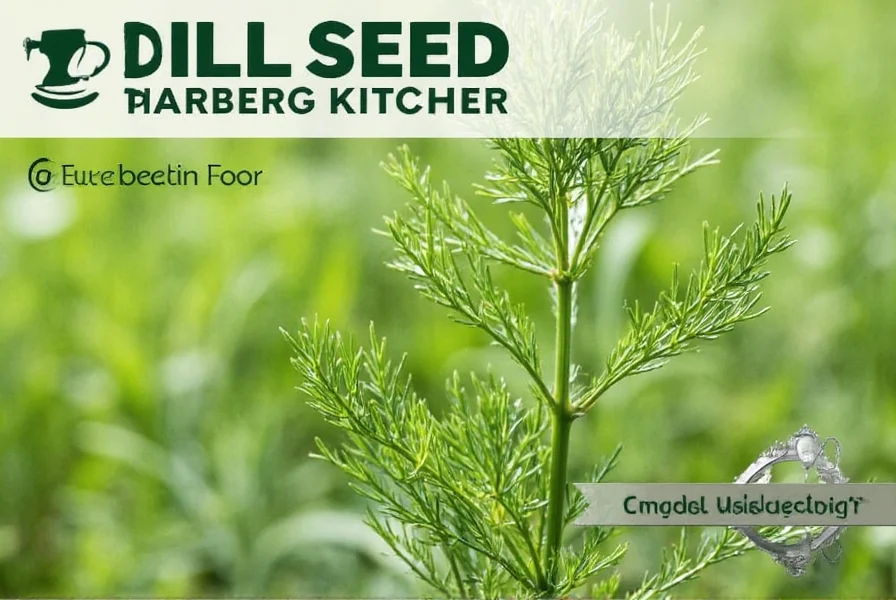
2. Caraway Seeds
Caraway seeds provide a strong, earthy flavor that complements root vegetables, meats, and baked goods. Commonly used in sauerkraut, rye bread, and stews. Start with a 1:1 ratio but reduce slightly for delicate dishes.
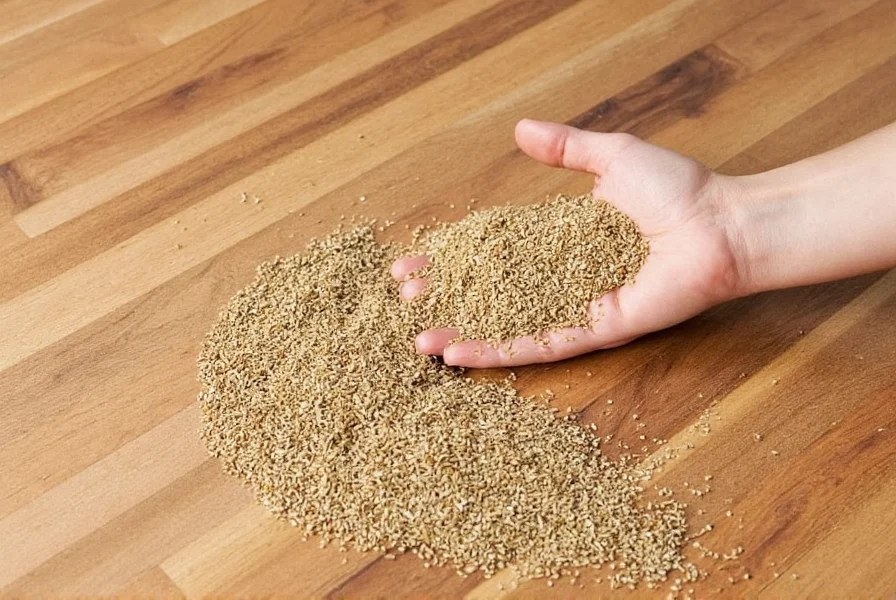
3. Fennel Seeds
Fennel seeds offer a distinctive licorice note. Best for Mediterranean and Middle Eastern dishes like za'atar or vegetable stews. Use 3/4 the amount of dill seed to avoid overpowering other flavors.
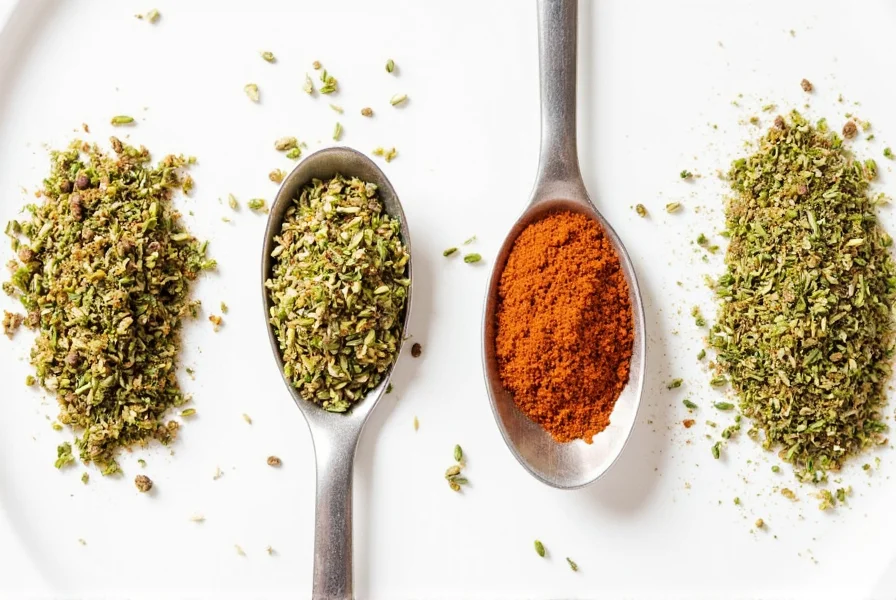
4. Cumin
Cumin brings warm, nutty depth to Indian, Mexican, and Middle Eastern cooking. Perfect for curries, roasted vegetables, and bean dishes. Begin with half the dill seed amount and adjust for intensity.
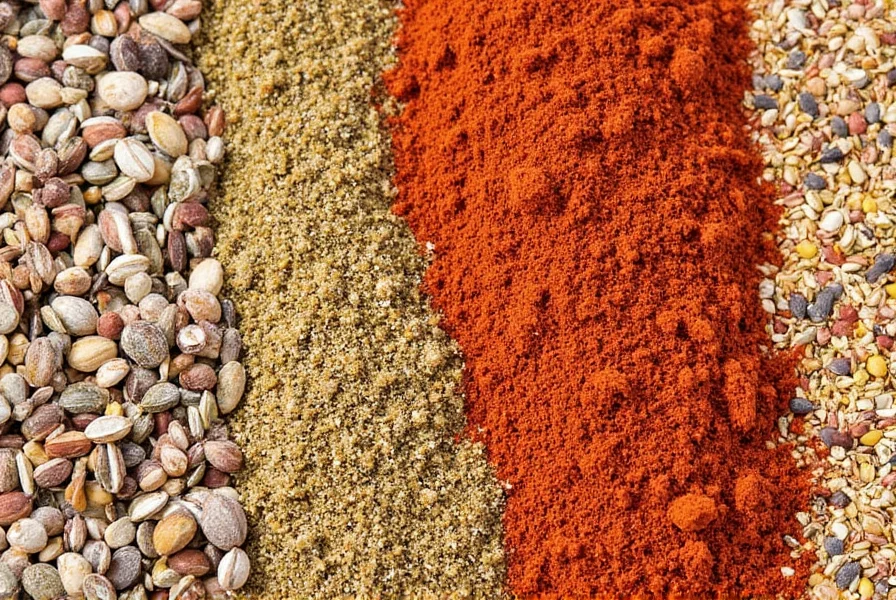
5. Coriander Seeds
Coriander seeds add citrusy sweetness to Indian, Chinese, and Southeast Asian recipes. Ideal for spice blends and soups. Use a 1:1 ratio, noting the distinct flavor profile.

Frequently Asked Questions
What's the closest substitute for dill seed?
Caraway seeds are the closest in flavor profile, with earthy notes similar to dill seed. For a more delicate option, fresh dill weed works well but requires triple the quantity (1 tsp seed = 1 tbsp fresh).
Can I use fresh dill instead of dill seed?
Yes! Use three times the amount of fresh dill weed compared to dried dill seed (e.g., 1 teaspoon dill seed = 1 tablespoon fresh dill). Add it at the end of cooking to preserve its delicate aroma.
How much substitute should I use when replacing dill seed?
Most substitutes follow these ratios:
- Fresh dill weed: 3x the amount (1 tsp seed = 1 tbsp fresh)
- Fennel seeds: 3/4 the amount of dill seed
- Caraway seeds: 1:1 ratio, adjust to taste
- Cumin: Start with half the amount, then adjust
- Coriander seeds: 1:1 ratio
What's the difference between dill seed and dill weed?
Dill seed comes from matured flower heads and has a stronger, citrusy flavor, while dill weed refers to fresh or dried leaves/stems with a delicate, grassy taste. They're not interchangeable—use more dill weed for the same flavor intensity.
Which substitute works best for pickling?
Caraway seeds are ideal for pickling due to their earthy, robust flavor that pairs perfectly with vinegar brines. For complexity, combine caraway with a small amount of fennel seeds.
Can I make my own dill seed substitute blend?
Yes! For a versatile blend, mix: 2 parts caraway seeds, 1 part fennel seeds, and 1/2 part celery seeds. Grind to desired consistency and store in an airtight container for up to 6 months. This captures dill seed's earthy-citrus notes effectively.
Conclusion
Mastering dill seed substitutes empowers you to cook confidently without missing ingredients. From caraway for pickling to fresh dill for delicate sauces, each alternative brings unique depth to your dishes. Always adjust quantities based on recipe intensity, and prioritize fresh, high-quality spices for the best results.
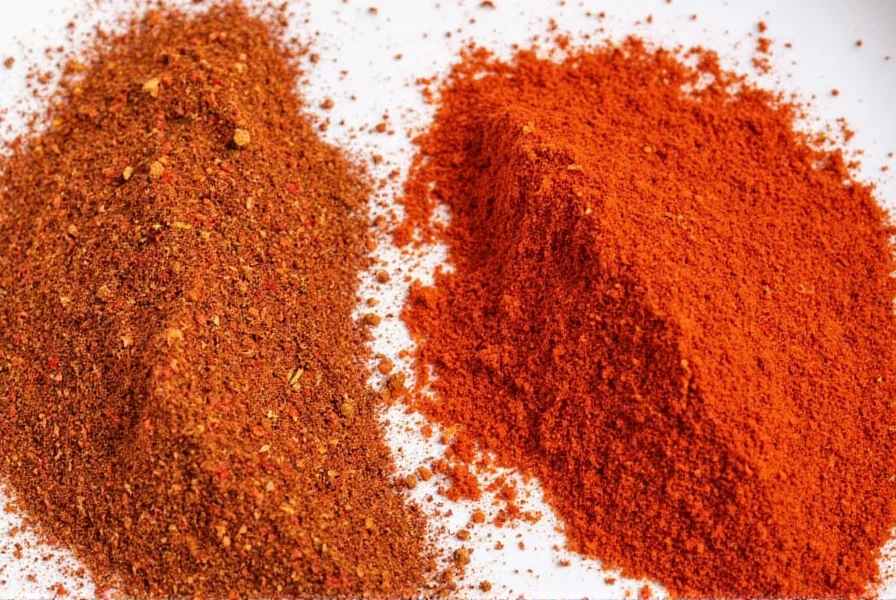










 浙公网安备
33010002000092号
浙公网安备
33010002000092号 浙B2-20120091-4
浙B2-20120091-4